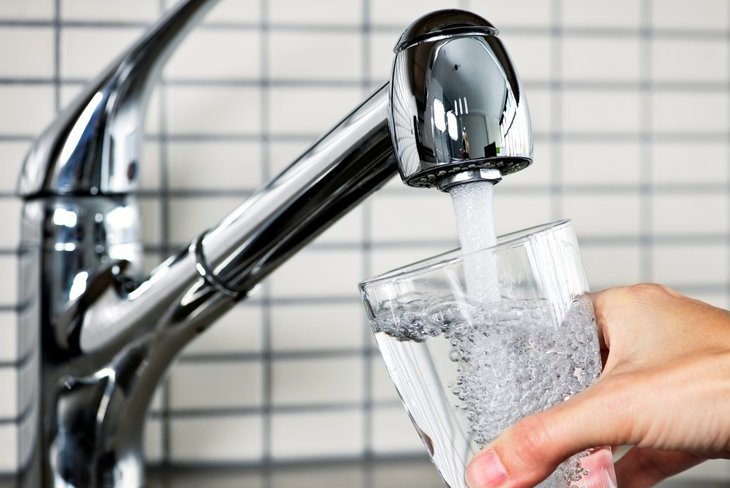
May 03, 2024
 Source/Image licensed from Ingram Image
Source/Image licensed from Ingram Image
An estimated 20,000 to 25,000 Philadelphia homes still have lead service lines, which put people at risk of drinking contaminated water. The Philadelphia Water Department will replace them for free.
Pennsylvania and New Jersey are receiving millions of dollars from the federal government to identify and replace lead pipes – the primary source of lead in drinking water.
The Biden administration allotted another $3 billion Thursday to upgrade the nation's drinking water system. Pennsylvania received $152 million; New Jersey got $123 million. The funding is the latest installment in a five-year, $15 billion plan covered by the bipartisan infrastructure law.
Lead exposure can cause adverse health effects in children, including damage to the brain and nervous system, developmental delays, and learning and behavioral problems. In Philadelphia, lead paint is the most common source of lead exposure, according to the city's health department. But lead pipes and plumbing fixtures can contaminate drinking water when they corrode.
The Environmental Protection Agency says the $3 billion will allow for the replacement of about 1.7 million of the estimated 9 million lead services lines nationwide. Many of them are located in older cities, like Philadelphia.
"Across our region, states are getting boosts from the Bipartisan Infrastructure Law that will improve lives, strengthen communities, and protect our most vulnerable populations," EPA Mid-Atlantic Regional Administrator Adam Ortiz said in a statement. "This funding brings us much closer to replacing all lead service lines throughout the nation."
Last year, the EPA proposed amending its Lead and Copper Rule to require states to replace all lead pipes within 10 years.
The Philadelphia Water Department estimates that 20,000 to 25,000 city homes have lead service lines, according to spokesperson Brian Rademaekers. That's out of 500,000 residential accounts registered with the water department.
The city's water department replaces lead pipes at no cost to homeowners, but these replacements cost $13,000 to $15,000 per home. Rademaekers said PWD expects to receive a portion of the $152 million Pennsylvania is receiving, but he did not know how much.
Last year, Philly was awarded a $160 million federal grant to replace 19 miles of water mains that the lead service pipes that connect to them. The city also received a $340 million loan to replace and additional 13 miles of water mains and 160 lead service lines.
The Philadelphia Water Department is seeking additional funding by applying for grants and low interest loans, Rademaekers said. He added that the department needs as much support as possible to rid Philly of lead pipes.
"We're looking at (a cost of) somewhere around $500 million for Philadelphia alone," Rademaekers said. "We absolutely, absolutely need every penny we can get from that pool."
Identifying all the lead pipes that need to be replaced is challenging. Water department workers have been checking for lead pipes when upgrade residential water meters – which the department is looking to replace by 2025.
However, pipes are owned by homeowners, not the city or the water department, until they reach the street. That means the water department needs the permission of property owners to replace any lead pipes it finds, Rademaekers said.
"Overwhelmingly, most people want to do that, it's just an example of the hurdle that we have to deal with as a public utility trying to replace private pipes because in Philadelphia," Rademaekers said.
The city has a guide on how to identify a lead pipe. Residents who suspect they have lead service lines can request that the water department remove them. In the meantime, Rademaekers said residents can reduce their risk of lead contamination by flushing their toilets or running water for several minutes – and then filling up a Brita filter.
"If you get up in the morning and you flush your toilet, you've cleared out your pipes and now you're getting fresh, clean water from the water main, you're not getting water that's been sitting in your pipes all night," Rademaekers said.